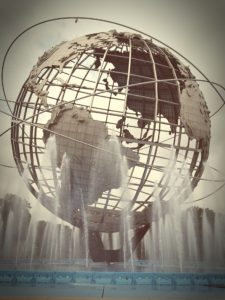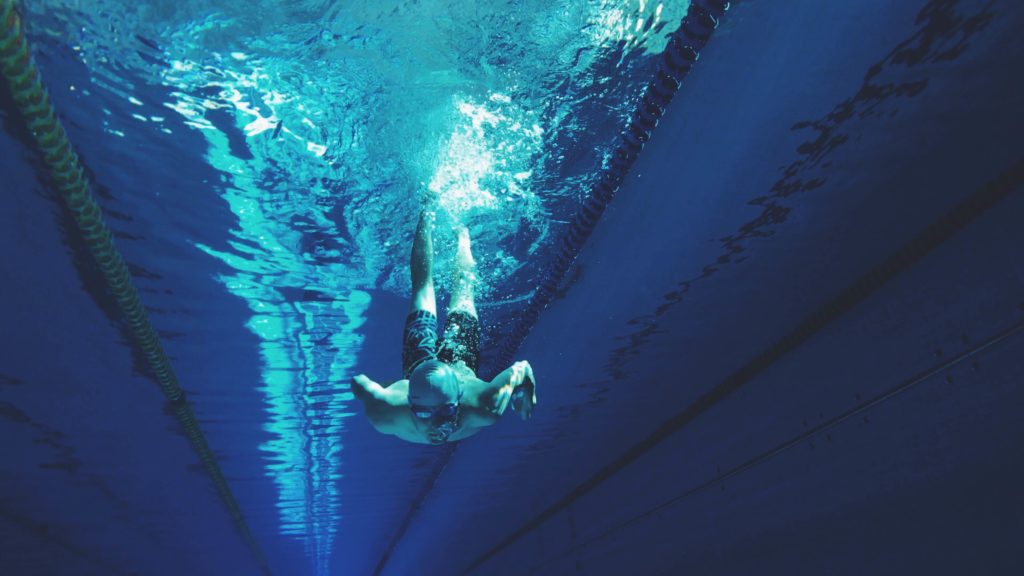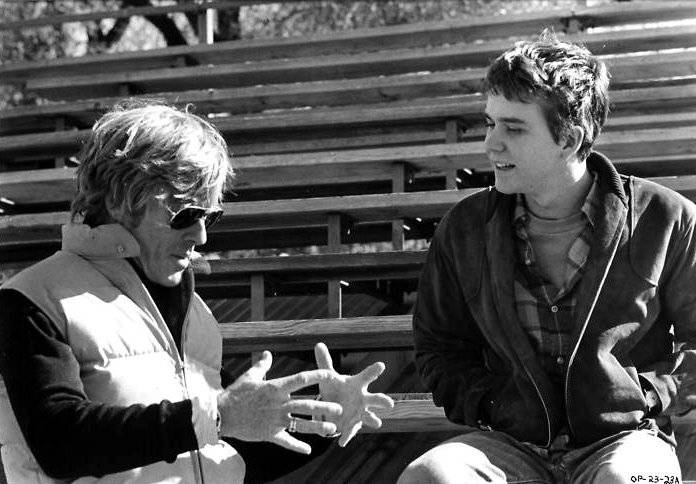
When I was just out of college, a man I barely knew left me some inheritance money. He had been a friend of my father’s when they were both very young. This man didn’t have any family, had never partnered up or had any kids of his own, so when he died, his estate was to be divided up among the children of his old friends. I’d met him maybe two or three times in my whole life, when he’d come to visit my family in Boston from his home in rural Maine. These were awkward meetings. He seemed much older than my father, spoke with a thick Maine accent and wasn’t used to being around children. His first name was Wesley, which seemed to fit. He’d ask me the standard questions about school or sports, which I would grudgingly answer, while my parents looked on, raising their eyebrows at me, willing me to be more polite. I did my best, but I couldn’t wait to be excused and dodge the guy.
Later, of course, getting a windfall from this odd, shadowy figure would be a big surprise. It was not exactly an amount I could retire on. Not trust fund money or anything. I think it was a little over $4000. But since my family wasn’t wealthy by any stretch, and it was over thirty years ago (when this sum went a lot further) I considered it a fortune. I got a lot of advice about what I should do with it, which mostly centered on putting it in the bank or using it to pay off some school loans. But there was never any question. I was going to travel. I was afflicted with a serious case of wanderlust back then. I’d been lucky enough to study in Italy for a semester and travel a little in Europe. Now I wanted to see everywhere else.
I bought a round-the-world ticket from a now defunct airline and first flew to Tokyo. I had no set plans really, from one day to the next, though I’d had to secure some visas before I left home and get some shots in my ass and had started taking malaria pills too. Aside from the plane ticket, this was going to be shoestring travel. I was always keenly aware of how much money I had left. If I didn’t spend cash on lodging or food, I’d be able to travel longer, further. A youth hostel or a room in a YMCA was a real luxury on that trip. I spent a lot of nights sleeping in train stations or airports or simply curled up outside. I was gone the better part of a year, made it to over 30 countries and lost 40 pounds. Somehow I still came home with a few bucks in my pocket.
I did a lot of stupid things on that trip. I was too trusting by half and got ripped off a few times. As an over-privileged American, I probably deserved it. I got lost, missed travel connections and made a mess of basic phrases in a variety of languages. Still, by the time I reached Bombay I was feeling invincible. (This was before the city’s name was changed to Mumbai.) I drank water out of a trough on a filthy street and then was miserably ill for several weeks. Given the real suffering in India, I didn’t have a right to complain too much. I learned some things when I was traveling. One time a local man in Kowloon quite accurately called me an idiot when I gushed about how much I loved Hong Kong, how I’d love to live there. He asked me what I could possibly know about what it meant to live anywhere, other than where I was actually from. “You rich tourists are all alike,” he snapped. “You see what you want to see.” I hardly felt like a rich tourist. I hadn’t eaten for a day and I was staying in an overcrowded flophouse, but he was right, of course. No matter what my personal circumstances, I had a rich person’s opportunity. I was, after all, traveling around the world. I didn’t fully understand what this man meant until much later, but it humbled me enough to know when I should keep quiet. One of the reasons I liked traveling alone was because no one was there to see me screw up in these ways or fight with me about directions or tell me which museums to see. I liked the idea of controlling my own narrative and there was something very freeing about doing that half-way around the world, continents away from anyone who knew me by name. The memory of that freedom has stayed with me.
Another real gift of that trip is that it was the beginning of my writing life. Alone in the evening, wherever I was settled for the night, I’d pull out my notebook from my backpack and write about what I’d seen that day, quick snapshots of my life on the road. I was quite faithful to this little journal. I also had another notebook where I started writing stories and some poems, which I guarded feverishly for fear this book would wind up in the wrong hands — meaning anyone with a passing knowledge of the English language. The work was terrible (this is not modesty) but at least I was doing it. I liked the idea of putting words down at the end of the day, of creating characters and plots, imagining dialogue.
Maybe that’s one of the reasons why I was never lonely on that trip. Not once. I was creating other lives and situations to keep me company. The writing itself might have been triggered by my travels through China, Thailand, Egypt, and all those other astonishing places, but the nightly ritual of jumping into the work didn’t go away when I came home. It remained part of my life when I moved to New York City and then on trips to other countries in my twenties and early thirties. (Wanderlust percolated in my system for a long time.)
Later, as a busy suburban dad, when I wasn’t going anywhere more exotic than the Jersey Shore, my writing habits stayed with me too. I never felt right if I didn’t spend a little time on my work before I turned in for the night, even if that meant only editing a paragraph. Mine is often a slow process, but it’s a deliberate and fairly constant one. Today this all feels more like reflex than habit, as if my writing routine is hardwired into me, a kind of muscle memory. Wesley couldn’t have known what I’d do with his inheritance and I couldn’t have imagined the impact it would have on me to this day. I will always be very grateful to him. And I do still think of Wesley, in fleeting moments and sometimes longer.

